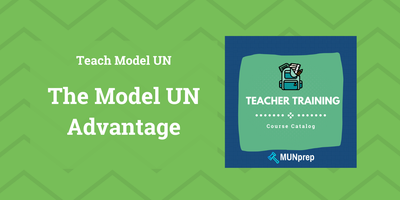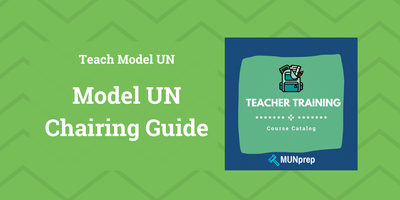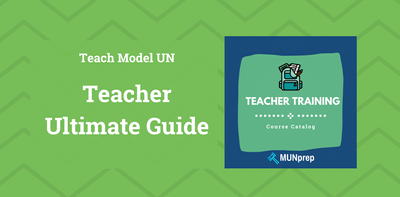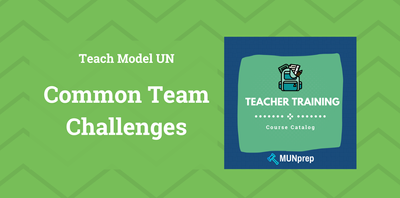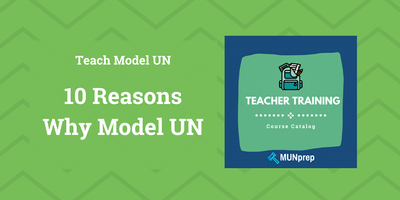Teaching MUN to Primary School Students
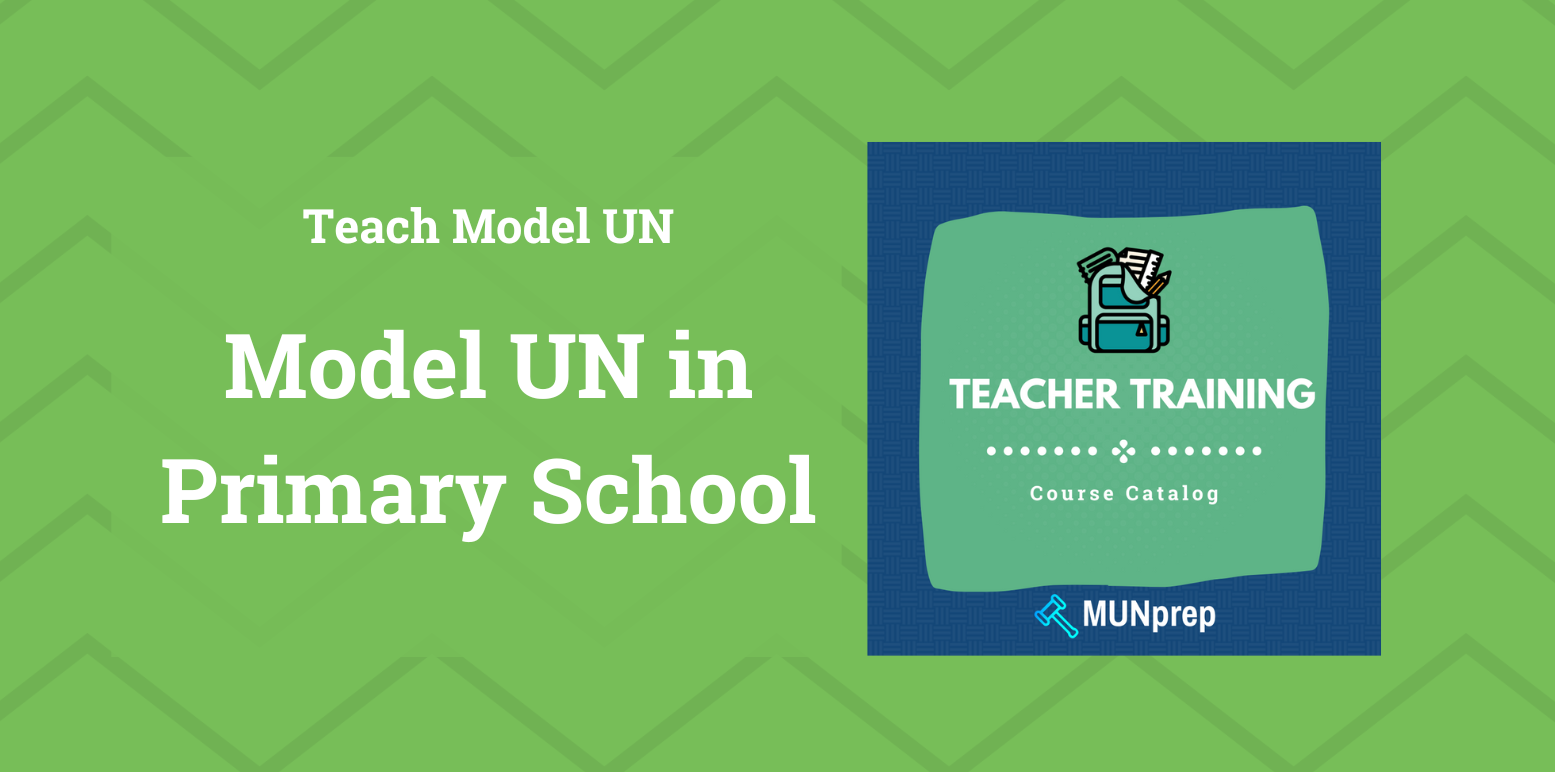
Teaching Model UN to Primary School Students: A Guide to Inspiring Young Diplomats
Introducing Model United Nations to primary school students may sound ambitious, but with the right approach, it can be an incredibly engaging and valuable experience. MUN helps younger students develop public speaking, critical thinking, and collaboration skills, all while learning about global issues in an interactive way. Here’s how you can make Model UN approachable, enjoyable, and educational for primary school students.
1. Simplify the MUN Process and Language
Since MUN procedures and language can be complex, simplify them to make them more accessible. Break down key terms into language they can understand and relate to.
- Chair: Explain the chair as the “leader” who keeps everyone on track, rather than using terms like “referee” or “teacher.”
- Delegate: Describe a delegate as a “representative” from a country who shares ideas to solve problems.
- Resolution: Teach resolutions as “plans” that delegates create to make the world a better place.
Using age-appropriate language is crucial. For example, instead of “sustainable development,” you could say “taking care of the earth so future kids can enjoy it, too.”
2. Focus on a Few Key Skills
With younger students, concentrate on developing a few essential skills rather than covering every aspect of MUN. Primary school students often benefit most from activities that build confidence and teach teamwork.
- Public Speaking: Simple speaking exercises are a great way to start. Teach students to stand up, introduce themselves, and say what they think about a topic in a clear, loud voice.
- Listening and Respect: Emphasize listening as a way of showing respect to others’ ideas. Encourage students to take turns and respond to what others say.
- Problem Solving and Creativity: Help students think about creative ways to solve a problem. Activities that let them brainstorm solutions and work together to choose the best idea are engaging and fun for this age group.
3. Choose Topics They Can Relate To
Primary school students will find MUN more interesting if they’re discussing topics that they care about or can easily understand. Simplified versions of real-world issues can make complex topics relatable.
- Local Environment Issues: Talk about topics like reducing waste, protecting animals, or making playgrounds safer.
- Health and Safety: Address basic issues like the importance of clean water or healthy food. Students may relate to discussions about things they see every day, like school lunch programs or recycling.
- Friendship and Bullying: Relate global issues to their everyday lives by discussing how countries should work together like friends and avoid “bullying” behaviors. This can help them grasp the importance of peaceful cooperation.
4. Use Games and Interactive Activities
Incorporate games and hands-on activities to make learning fun. Interactive activities keep young students engaged and help them understand MUN concepts through play.
- Role-Playing Exercises: Let students pretend to be delegates from different countries or leaders of various organizations. Give them easy-to-follow scripts or role cards with simple facts about their assigned role.
- Global Issues Bingo: Create a bingo game with simple global problems and solutions. For instance, match “too much trash” with “cleaning up parks” or “no clean water” with “building wells.” After playing, have students choose one problem they’d like to help solve and explain why.
- “Would You Rather” Game: Use fun scenarios where students can choose between two actions, like “Would you rather have a new playground or plant a tree in your town?” This helps students think about the choices that leaders make for their communities.
5. Break Down the MUN Structure into Fun Activities
Instead of strictly following MUN procedures, break down the process into a series of fun activities. Focus on elements like opening speeches, debate, and voting as separate activities that students can engage in one at a time.
- Opening Speeches: Encourage students to introduce their country or role and share their ideas using a simple structure, like the WOWW template: Wake them up, Open up the topic, Wow them with your opinion, and Wrap it up.
- Group Discussions: Have mini-debates on everyday topics that they can relate to, such as “Should we have more trees or more playgrounds?” Emphasize listening to each other and taking turns to speak.
- Voting on Ideas: Teach students to vote by raising hands to support an idea. Explain voting as a way for groups to decide on the best plan together.
6. Stay Away from MUN Procedure
When working with primary school students, it's best to steer clear of formal MUN procedures. Younger students can find strict rules and parliamentary language overwhelming, which might detract from their overall experience. Instead, focus on the fundamentals of what makes Model UN engaging: collaboration, problem-solving, and sharing ideas in a respectful setting.
- Focus on Interaction: Rather than emphasizing formal points and motions, encourage students to express their thoughts openly. Create a casual environment where they can raise their hand to speak, ask questions, and respond to each other naturally.
- Simplify the Voting Process: Avoid complex voting methods, such as roll-call votes or procedural motions. A simple show of hands works perfectly for primary students, allowing them to see results immediately and feel involved in the decision-making.
- Encourage Casual Debate: Instead of structured debate phases, try a roundtable discussion where students can take turns sharing ideas. This format is less intimidating and fosters a sense of equality among participants, which is especially important at this age.
By staying away from strict MUN procedures, you can help younger students focus on learning key skills like teamwork and critical thinking in a supportive and enjoyable atmosphere. Once they are familiar with these basics, they will have a stronger foundation for understanding MUN procedure when they are ready for a more formal structure in the future.
7. Encourage Teamwork and Collaboration
Teaching primary school students about the importance of working together is essential in MUN. Create activities where they must collaborate to solve problems, brainstorm ideas, or complete tasks as a team.
- Team Problem Solving: Divide students into small teams and give each a problem to solve, such as “How can we help kids go to school if they live far away?” Have them brainstorm ideas and share with the class.
- Group Projects: Assign a project like designing a poster for a global issue, building a model of a “green” city, or creating a presentation on an animal that needs protection. This not only builds teamwork but also gives them a chance to practice public speaking.
8. Celebrate Effort Over Perfection
For primary students, the focus should be on participation and effort, rather than perfectly following MUN procedures. Celebrate their progress in small ways, such as giving praise for speaking up or listening well to a teammate. Rewards like certificates, “delegate of the day” badges, or simple recognition in front of the class can motivate students and boost their confidence.
9. Make Reflection a Part of the Learning Process
After each activity, give students a chance to reflect on what they enjoyed, what they found challenging, and what they learned. Reflection can be as simple as asking each student to share one thing they liked and one thing they would like to try differently next time.
- Reflection Circle: End each session with a short circle where students share what they learned or their favorite part of the activity.
- Drawing or Writing Activity: Ask students to draw or write about one thing they learned. For example, they could draw themselves giving a speech or helping to solve a problem.
Final Thoughts
Teaching Model UN to primary school students opens up a world of possibilities for young minds. It nurtures empathy, develops leadership, and introduces students to the idea that they can make a difference in the world. By focusing on fun, simplified activities and emphasizing teamwork, you can create a positive learning environment where students feel empowered and excited to become global citizens.
Inspiring young diplomats to think globally at an early age is a powerful way to shape the leaders of tomorrow!

